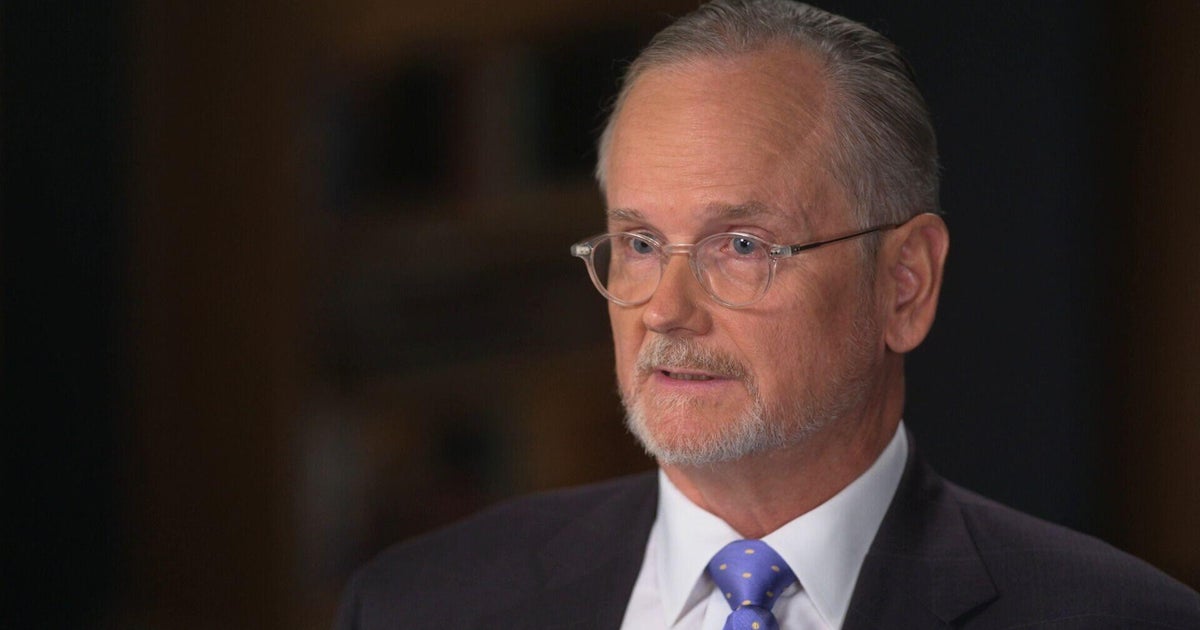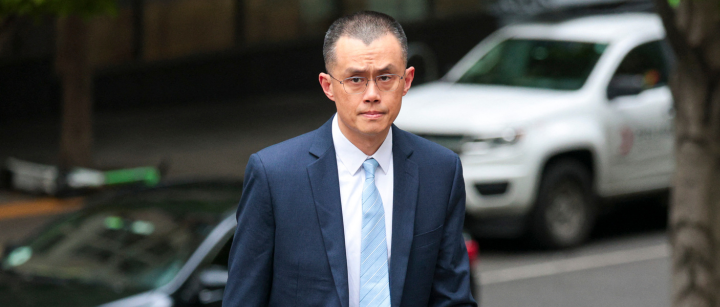Former President Trump’s recent pardon of Binance founder Changpeng Zhao isn’t just a controversial act; it’s a flashing neon sign of potential transactional justice, raising the uncomfortable question: was this a presidential act or a personal payoff?
The Real Story
Last month, a billionaire felon received a presidential pardon from Donald Trump. The controversy deepens with the revelation that this felon’s company, Binance, had previously enriched a Trump family member. Trump, ever the contrarian, dismisses the outcry as a “Biden administration witch hunt.” Yet, legal experts are not buying the narrative. Elizabeth Oyer, a former pardon attorney, didn’t mince words on “60 Minutes,” unequivocally stating, “This is corruption.” The timing and beneficiaries paint a stark picture: a powerful executive, embroiled in legal battles, suddenly free after financial ties to the highest office come to light.
One senior D.C. strategist, speaking off the record, remarked, “This isn’t about clearing names; it’s about clearing debts. When a ‘witch hunt’ conveniently ends with a presidential signature and a past financial tie, the public isn’t stupid. They connect the dots, and those dots spell ‘quid pro quo.'”
Why It Matters
Follow the money, and the narrative shifts from political vendetta to a potential abuse of power. The implication that presidential pardons can be influenced by personal financial connections undermines the very foundation of the justice system. It sends a chilling message: wealth and proximity to power might offer a bypass around legal consequences. This isn’t just about one billionaire or one former president; it’s about the erosion of trust in democratic institutions and the dangerous precedent it sets for future administrations.
The Bottom Line
If this pattern of transactional pardons continues unchecked, the line between justice and political patronage will vanish entirely. The judiciary risks becoming a transactional bazaar, where the scales are tipped not by evidence, but by enrichment. The American public will increasingly view legal outcomes as negotiable commodities, not impartial verdicts.


